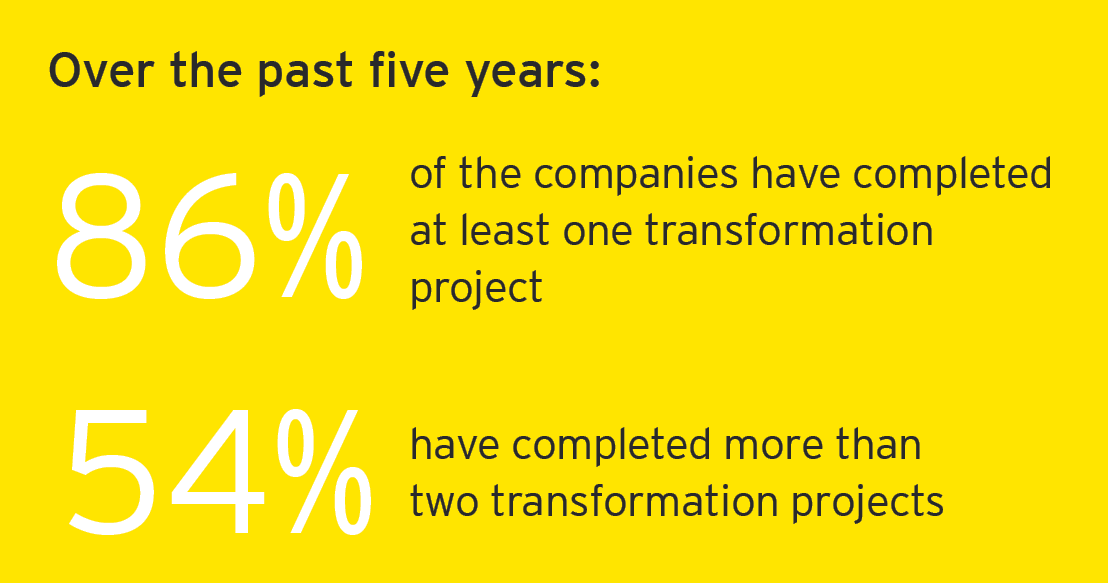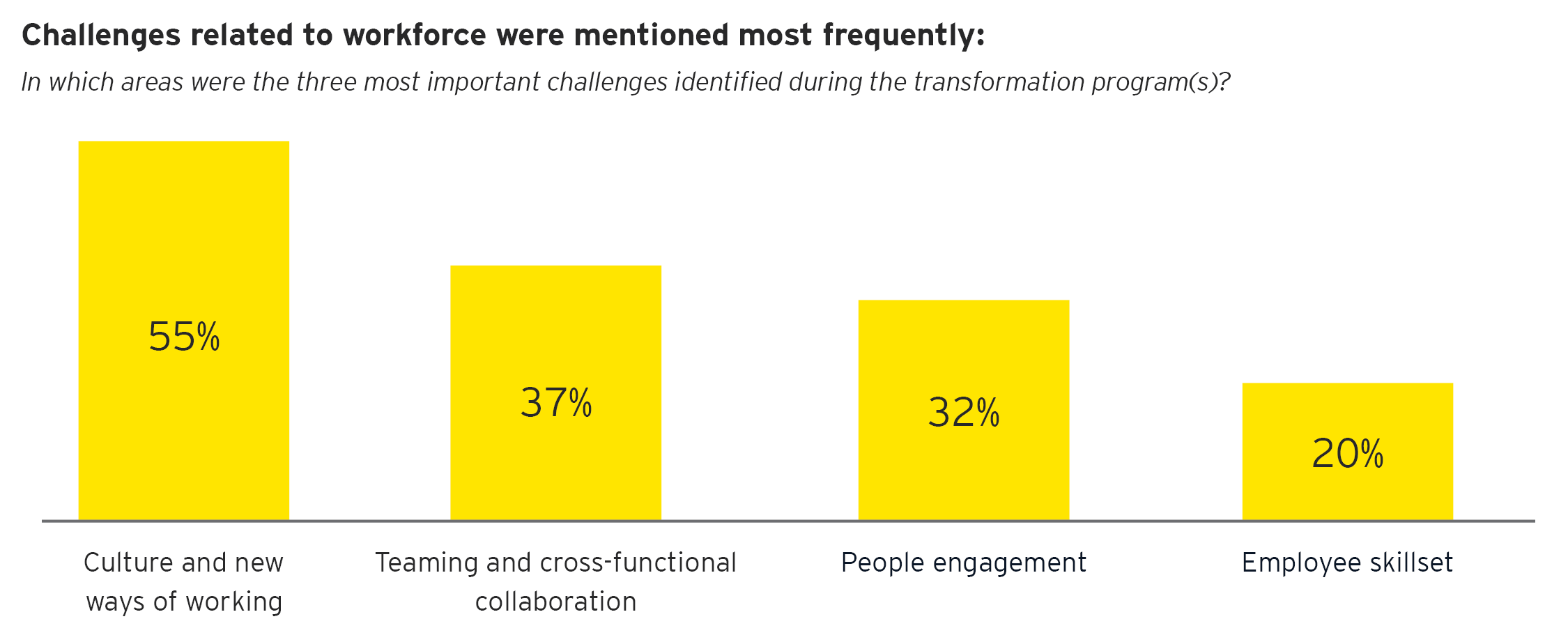Transformation is a continuous journey for businesses, shaped both by the changing business needs and the dynamic business environment.
To continue evolving and staying relevant, an organization must actively monitor, comprehend, and adapt to the evolving dynamics of its environment. Only through this approach the organization can create added value for its stakeholders, society, and all other stakeholders. This realization underpins the imperative for businesses to embark on a transformation journey.
In today's ever-evolving business landscape, the need for transformation may arise from rapid market shifts, increasing competition, emerging technologies, shifting customer expectations, and various other factors that influence an organization’s performance. These transformational needs may lead to changes in strategic direction, operational processes, organizational structures, technology utilization, or even corporate culture.
A significant number of Greek businesses have recognized this necessity and are already undergoing transformation. However, as global experience has shown, this attempt is demanding, and many transformation programs might not succeed.
EY Transformation Survey Greece 2023 was conducted between 20 April and 25 June 2023, sampling views from 70 executives, and draws valuable insights from the experience of companies operating in Greece. The survey examines how companies respond to the challenges associated with transformation and how transformation programs develop, while also recording which factors contribute to their successful outcome.
The survey’s findings, in combination with EY teams’ experience in transformation projects, lead to the following conclusions:
Companies in Greece are on a continuous transformation journey, starting from the economic crisis in 2010, and have continued uninterrupted ever since, in response to multiple, and often conflicting, disruptive forces that significantly alter the international environment (pandemic, energy crisis, geopolitical changes, economic sanctions, technological advancements, artificial intelligence, and generative AI tools, etc.). Eighty-six percent of the companies that took part in the survey have completed at least one transformation project over the last five years, while more than half of the sampled businesses (54%) reported they have completed more than two projects.







